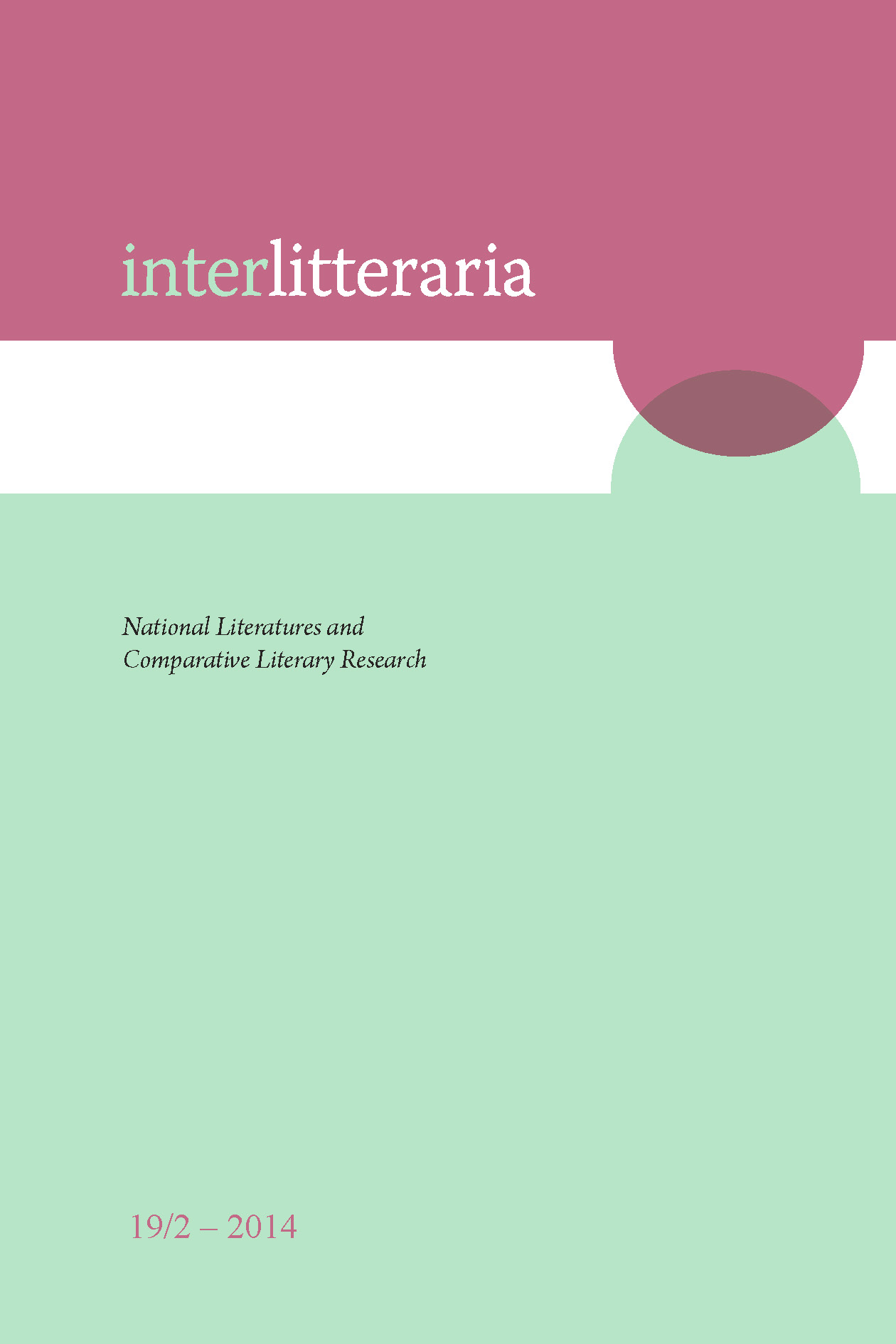Comparative Literature and a “Small Nation”: the Latvian Experience
DOI:
https://doi.org/10.12697/IL.2014.19.2.2Keywords:
comparative literature studies, translation studies, literary influences and borrowings, reception, national literatures, small literatures, world literature, localizations, adaptations, “iconic” writer, history of Latvian literatureAbstract
Comparative literary studies is an essential component of selfidentification for Latvian culture as that of a small nation that was formed under a powerful impact of other cultures that determined the historical and geographical situation of Latvia. Studying the phenomena of foreign literature is a good way of typological mapping of Latvian writing in the context of other culture types and literary trends, locating foreign influences and recognizing the synthesis between Western and Eastern critical and theoretical thought.
Interest in comparative studies or their elements is related to the tendencies of Latvian cultural policy. The end of the 19th and the beginning of the 20th century was the time of intense, though not systematic, studies of foreign literature. After Latvia gained its independence, with gradual intensification of the significance of Latvian national literature, the number of comparative studies was reduced. However, they became more detailed in content, manifesting the subjective attitude of the scholars and even specific expression. In the soviet occupation period, comparative studies were subjected to the impact of soviet ideology in their subject matter. Despite the numerous ideological clichés, research works were published in the USSR and Latvia at that time that defined functional paraphernalia of comparative literary studies, introduced precise and thematically wide notions. In the first decade of the restored independence in Latvia, no monographic studies dedicated to comparative literature were published as scholars needed time and learning the trends of western literature to crystallize a new mode of speaking about comparative literature. The 21st century is marked by a range of studies on literary contacts between the Latvian and other cultures. The researchers focus on both the resonance of individual foreign writers in Latvia and restoring the history of literary contacts with various areas in the world culture, as well as studies on the resonance of Latvian literature in the world. Keywords: comparative literature studies, translation studies, literary influen ces and borrowings, reception, national literatures, small literatures, literature of big nations, world literature, localizations, adaptations, “iconic” writer, history of Latvian literature.
Downloads
Downloads
Published
Issue
Section
License
The contents of Interlitteraria are published under CC BY-NC-ND licence.


